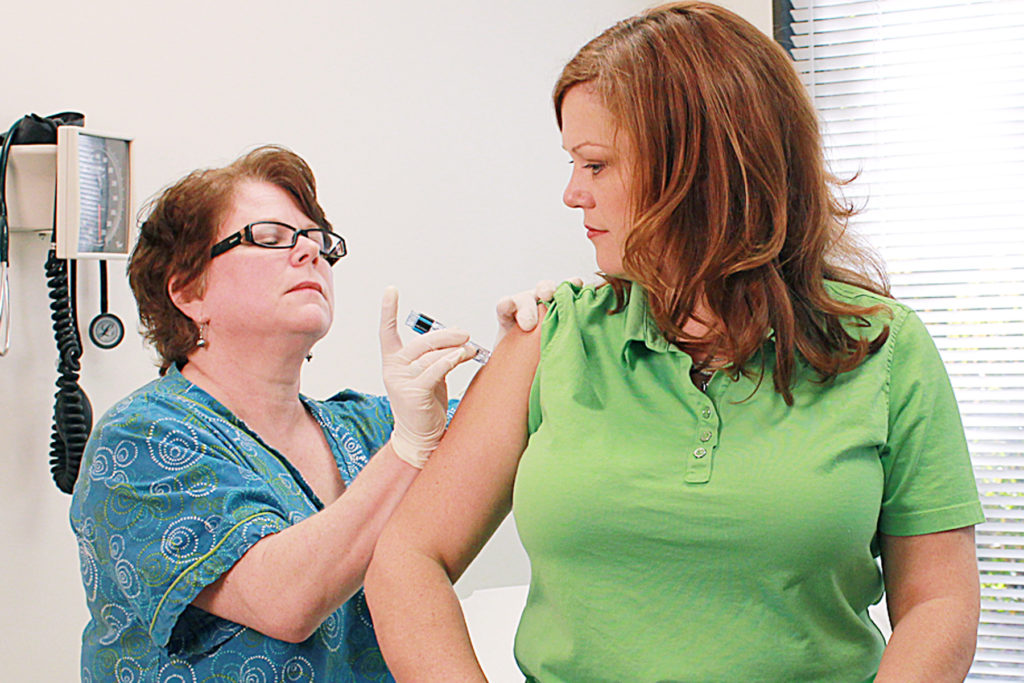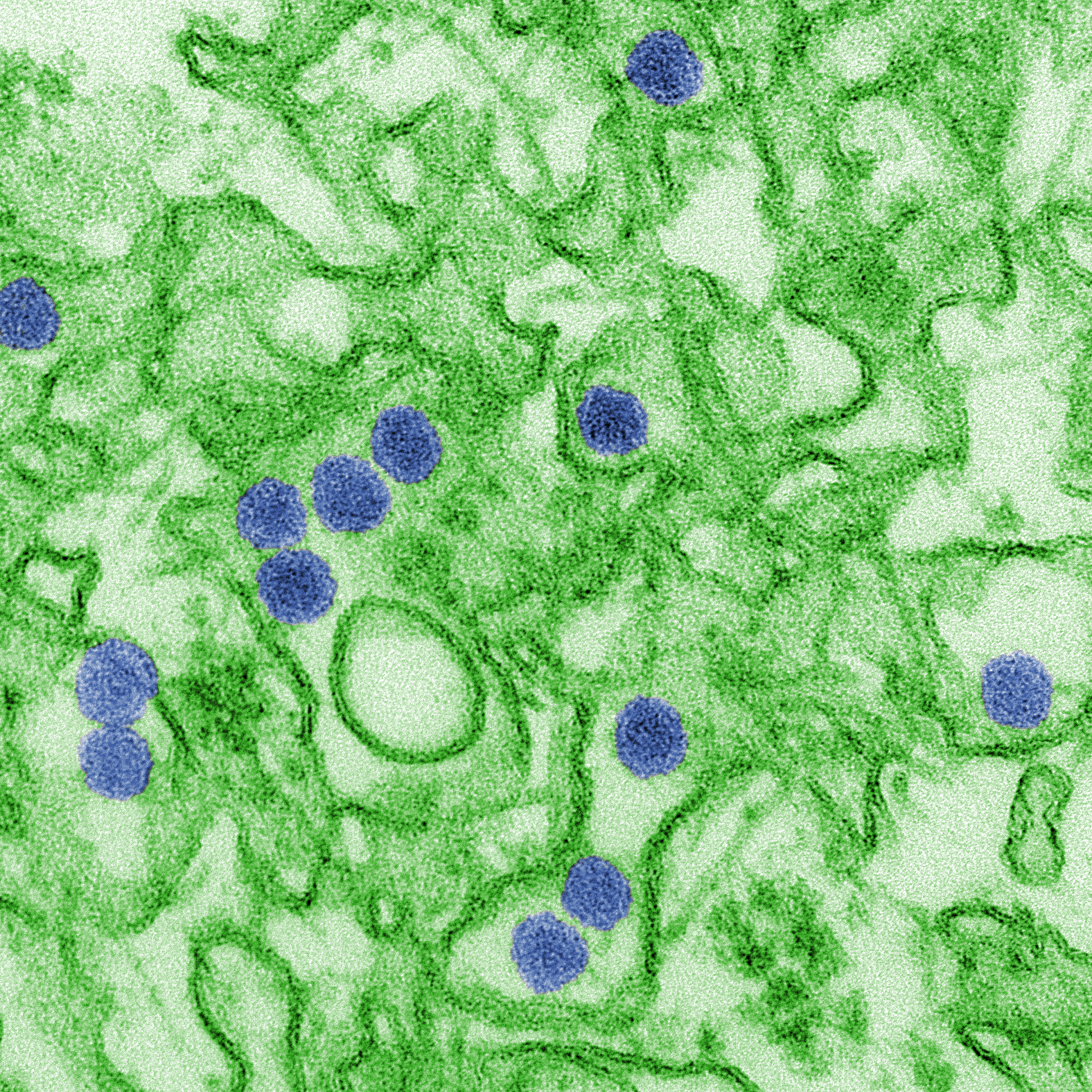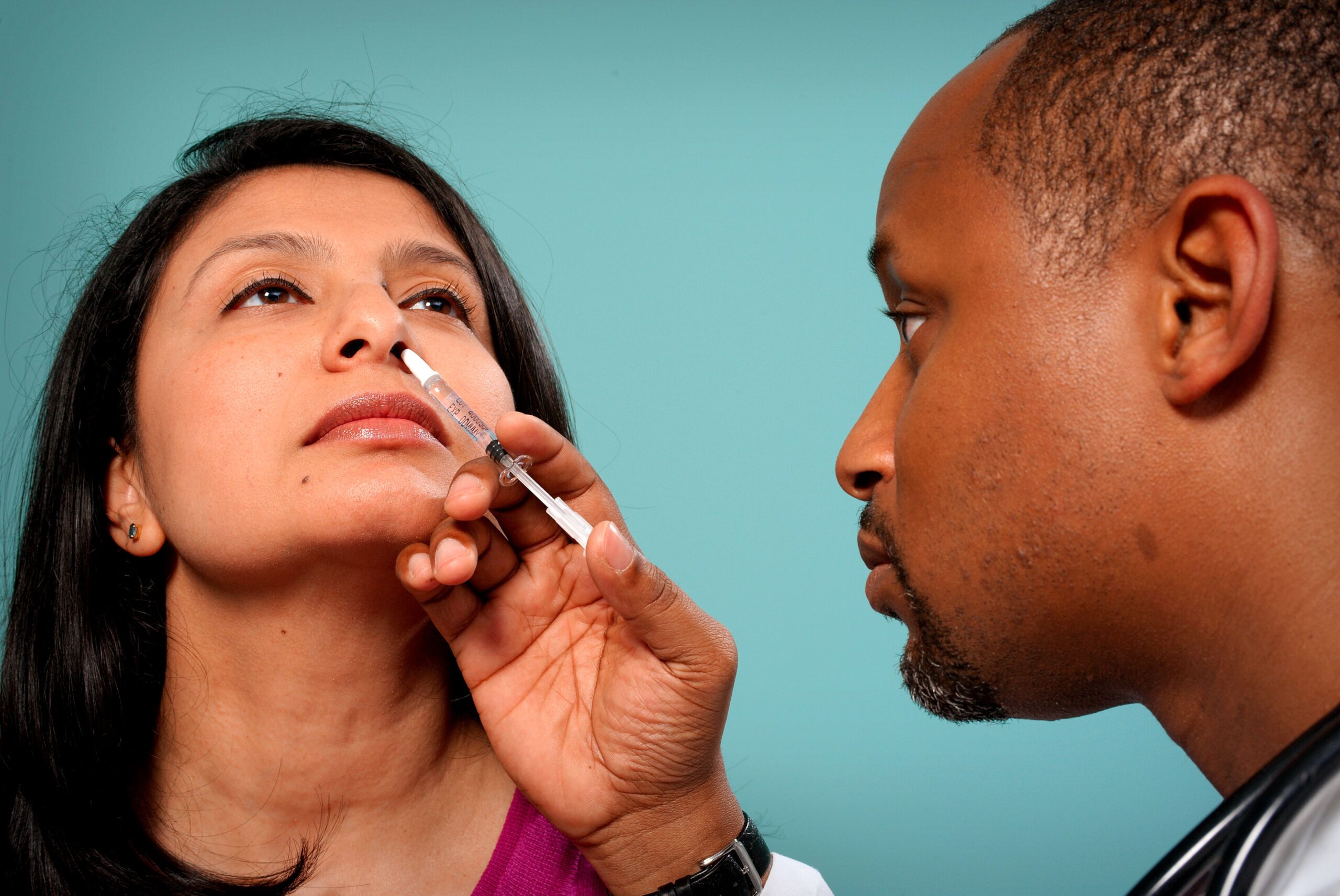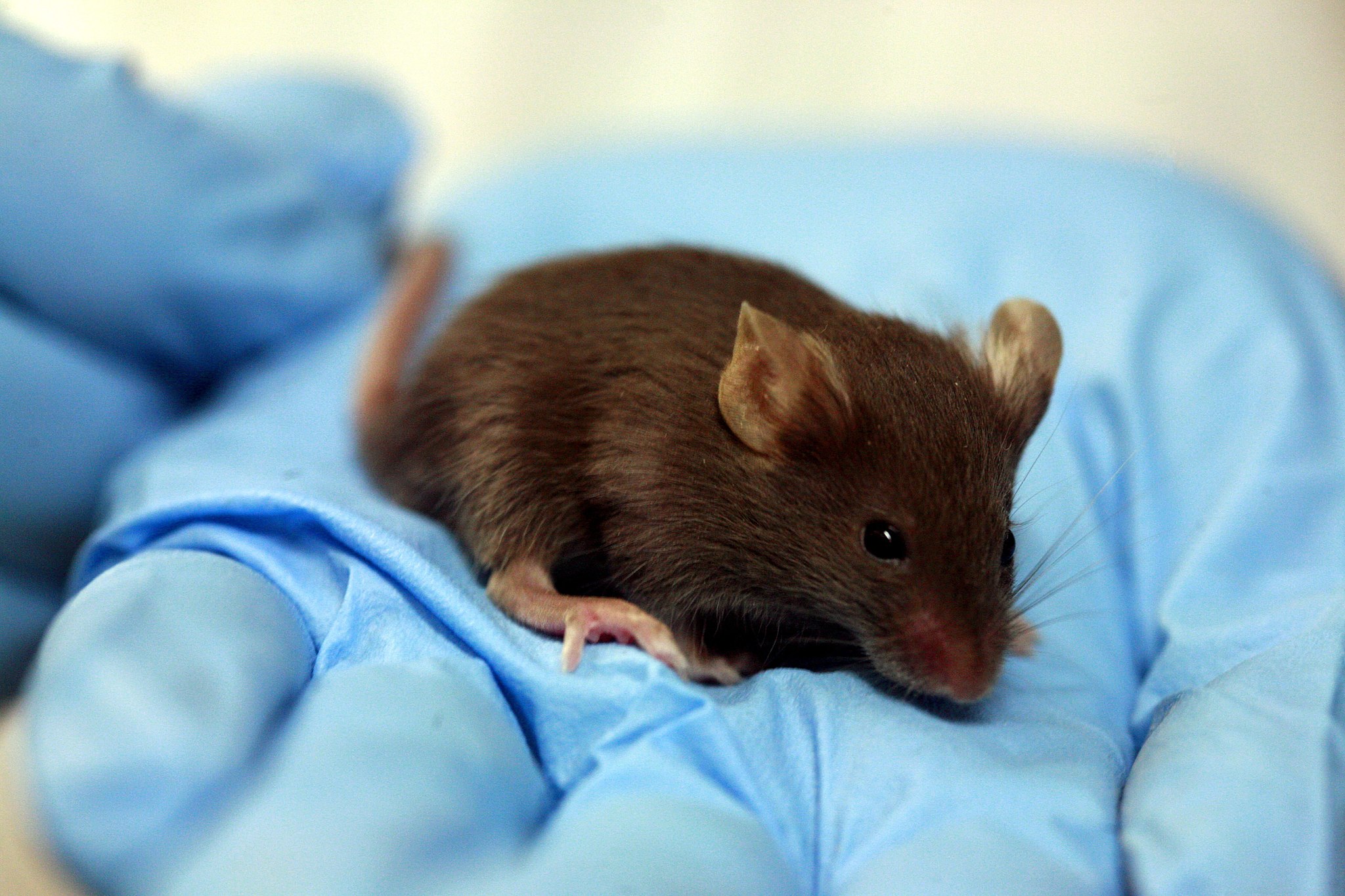The incidence of mumps outbreaks in the US has been higher in recent years which is likely due to a drop in vaccine-derived immunity, according to researchers at the Harvard T.H. Chan School of Public Health. While most individuals currently receive the recommended two doses of the mumps vaccine, the findings – published in the journal Science Translational Medicine –suggest that a booster administered in early adulthood could help extend protection against the infectious disease.
“This analysis helps address a persistent question surrounding the recent mumps outbreaks, pointing to the key role played by waning vaccine induced immunity, and helps frame the research and policy questions on how best to control mumps,” said study co-author Yonatan Grad, assistant professor of immunology and infectious diseases at Harvard Chan School.
The mumps vaccine was originally introduced in the US in the 1960s, with widespread vaccination efforts contributing to eventual near-eradication of the disease in the country. In 1989, public health recommendations were updated to include a second dose of the mumps vaccine, which is often administered in a combined measles, mumps and rubella (MMR) shot.
While the two doses of the mumps vaccine seemed to be effective for more than two decades, in 2006, mumps outbreaks began to crop up in largely vaccinated populations of individuals. Mumps infections cause fever, headaches and swelling of the face and neck, but in some cases can lead to severe symptoms including meningitis, deafness and even infertility due to testicular inflammation.
Using data collected as part of six different studies of mumps vaccine effectiveness in the US and Europe, the researchers sought to determine whether the increase in cases of mumps might be do to a loss of immunity over time. On average, the researchers found that individuals who were vaccinated against mumps maintained immunity for approximately 27 years after receiving their last shot.
Using the epidemiological data, the researchers estimate that a quarter of individuals in the US who have received the mumps vaccine could lose their immunity in as little as eight years. Half the population could be susceptible to mumps infection in 19 years, with three-quarters of the population potentially losing immunity by the year 2056.
“Vaccination is the centerpiece of current public health strategy against mumps,” said co-author Joseph Lewnard, a postdoctoral research fellow at Harvard Chan School’s Center for Communicable Disease Dynamics. “Knowing that protection wanes in the long term can help inform how we deploy vaccines to prevent or contain future outbreaks.”
The researchers believe that this loss of immunity could also help explain previous mumps outbreaks that occurred in the 1980s. Many children and adolescents during this time only received one dose of the mumps vaccine which only offered limited immune protection before guidelines were updated.
Interestingly, Grad and colleagues did not find any evidence to support the theory that new strains of the mumps virus were contributing to recent disease outbreaks, nor do they believe that the current version of the mumps vaccine is losing effectiveness.










Join or login to leave a comment
JOIN LOGIN